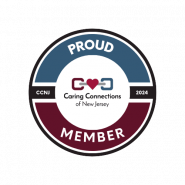Join a Research Study

The COMP005 Study
Exploring potential new routes away from treatment-resistant depression
Many people who receive antidepressant treatment for their depression do not get an adequate response to the medicines they are taking. If someone is taking two or more antidepressants and they are failing, this is sometimes referred to as treatment-resistant depression or TRD.
Introducing the COMP005 Clinical Study
The COMP 005 study is looking into a new treatment approach for people with TRD using an investigational medicine given with psychological support. The study is suitable for people who have been diagnosed with major depression and are currently experiencing a recurrent or single episode of depression but that have not responded to antidepressant treatment.
Eligibility
You may be eligible to participate in a Compass Pathfinder study if you:
- Are 18 years of age or older
- Have been diagnosed with major depression (single or recurrent episodes)
- Are experiencing treatment-resistant depression, defined as failing 2, 3 or 4 pharmacological treatments for your current episode of depression
- Meet additional study criteria.
About the Study

The three-part study, which will last up to 62 weeks, will compare the effectiveness of the active investigational medicine with a placebo, a substance that has no therapeutic effect, given with psychological support.
Two-thirds of the people in Parts A and B will receive the active investigational medicine and one third will receive placebo. If you join the study, in Part A and B neither you nor your study doctors will know which study treatment you are going to receive because the decision is made randomly by a computer and not revealed to anyone. Part C is open label so if you are eligible for treatment, you will receive the active investigational product.
The aim of the study is to assess the efficacy and safety of the investigational medication versus placebo for reducing symptom severity in TRD, when administered with psychological support. This will be assessed in a 6-week, single-dose, double-blind, placebo-controlled part of the study (Part A). Durability of efficacy and long-term safety, and the efficacy and safety of re-treatment will be assessed in a 20-week single-dose, double-blind re-treatment part (Part B), and a 26-week open-label treatment part (Part C). As TRD is a chronic condition with frequent relapse common, this three-part study allows for important long-term monitoring.
Participants will receive support from study clinicians to help them taper off any prohibited medications, including current antidepressants. Participants will be asked to remain off prohibited medications for the parts of the study under close medical supervision. Reimbursement for reasonable, out-of-pocket expenses for travel and other expenses may be available to qualified individuals.
More Information
If you are interested in learning more about the COMP005 study, please contact us for an informal chat at: E-mail: tbelleface@gminstitutes.com – Call: 609-921-6050 – Text: 609-921-3555.
We will ask you some brief questions and provide additional information about the study.
Expressing an interest does not oblige you in any way to take part in the study. So please, do get in touch if you want to find out more.


